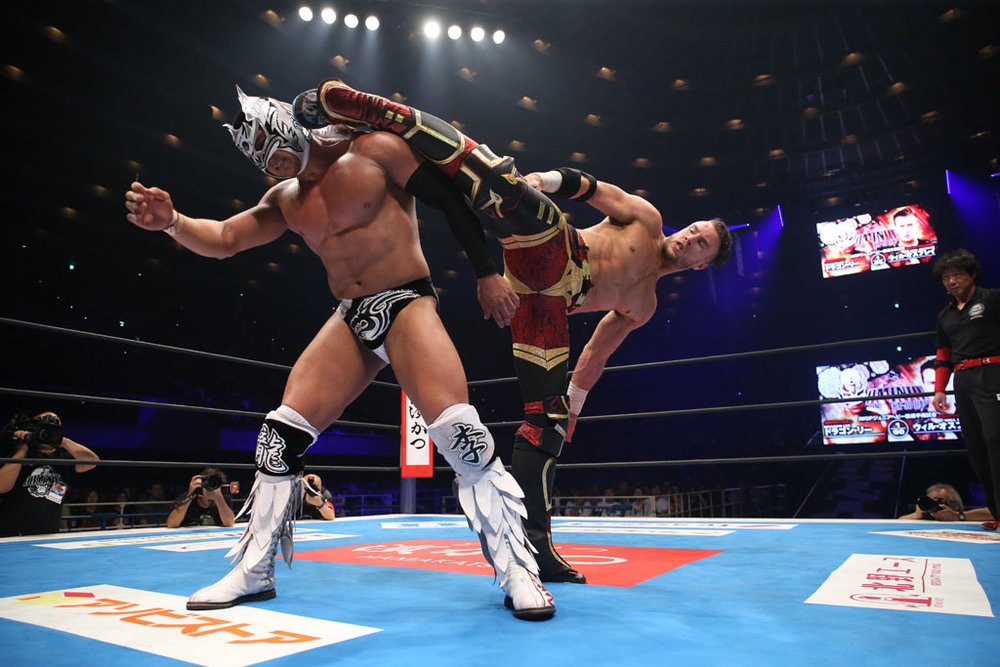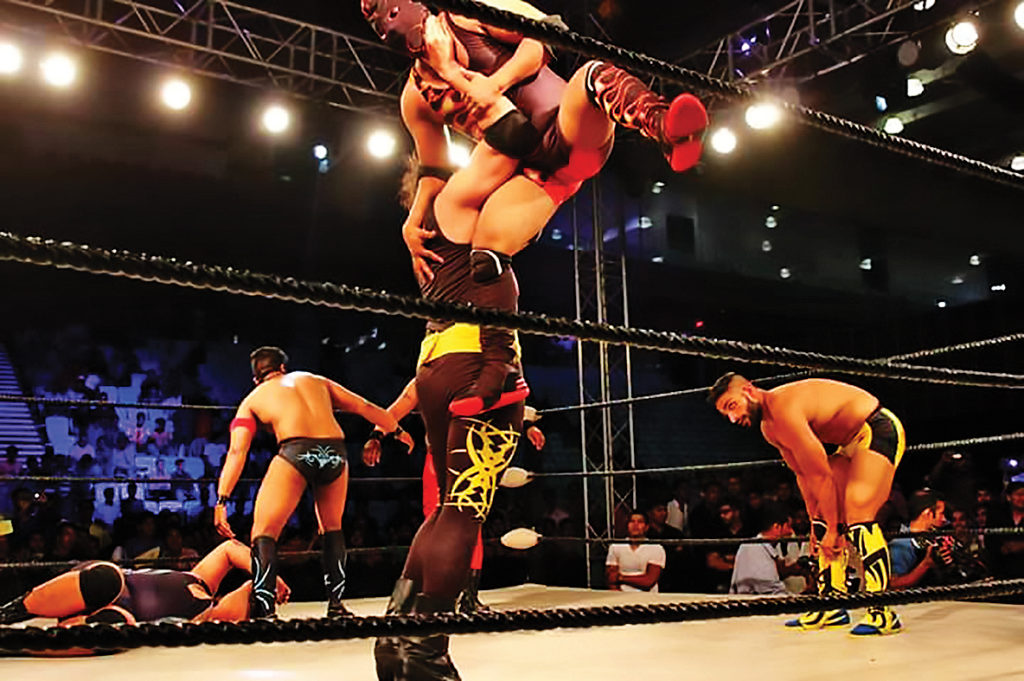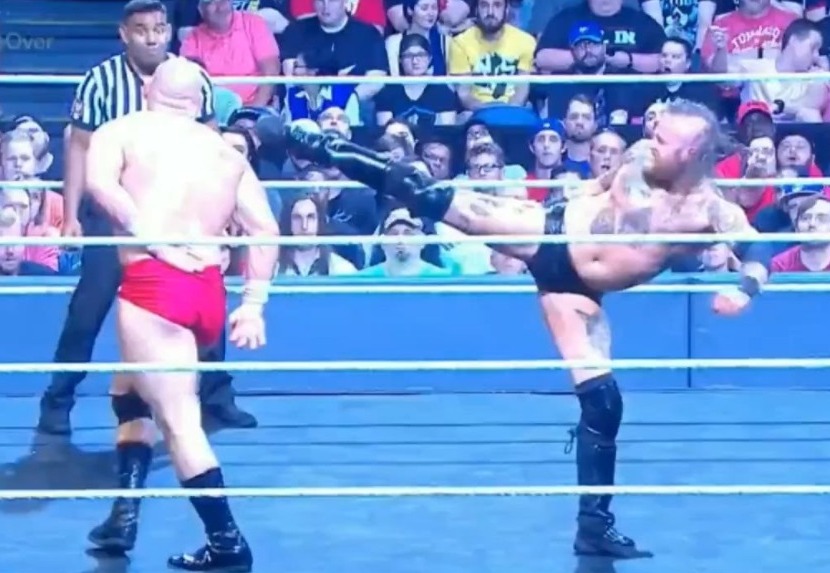Introduction Of WWE Is Fake
WWE is fake? WWE, short for World Wrestling Entertainment, is a globally recognized form of scripted sports entertainment. It boasts a massive fan base and a unique blend of athleticism and storytelling that has captivated audiences for decades. While critics often dismiss it as “fake,” WWE’s scripted nature is just one facet of its multi-faceted appeal. In this article, we delve into the world of professional wrestling, exploring the history, the athleticism, the scripted storylines, the characters, and the passionate fan culture that makes WWE the phenomenon it is today.
A Brief History of WWE

WWE has a rich history that traces its origins back to the early 1950s. What began as regional wrestling promotions eventually consolidated and evolved into WWE. Over the years, WWE has grown into a global powerhouse, with iconic moments like WrestleMania defining the wrestling landscape. The history of WWE is a testament to its ability to adapt, innovate, and entertain.
The Athleticism of WWE

It’s crucial to understand that WWE is far from being a mere scripted performance. The athletes who step into the ring are highly trained professionals. The athleticism of WWE superstars cannot be understated, and it often involves a high degree of physicality, endurance, and skill. These athletes perform scripted, yet physically demanding, and sometimes dangerous moves that require years of training to execute safely.
WWE superstars must develop their strength, agility, and stamina to withstand the rigors of a wrestling match. They often take significant physical risks, such as high-flying maneuvers and powerful slams. It’s no secret that real injuries can and do occur in the ring, underscoring the real physicality that underlies the scripted storylines.
Scripted Storylines and Characters
At the heart of WWE’s appeal are the scripted storylines and larger-than-life characters. WWE’s creative team crafts intricate narratives that keep fans engaged. These storylines feature heroes and villains, alliances, betrayals, and dramatic twists. Wrestlers, in turn, adopt personas that connect with the audience. Iconic figures like “Stone Cold” Steve Austin, The Rock, and John Cena have become household names through their charismatic characters and compelling story arcs.

The art of storytelling in WWE extends beyond in-ring action. It encompasses backstage segments, interviews, and promotional material, all aimed at drawing fans deeper into the narrative. These scripted storylines and characters are the lifeblood of WWE, shaping the emotional connection between the audience and the performers.
Behind the Scenes: Production and Creative Team
The magic of WWE isn’t confined to the ring; it extends behind the scenes. A dedicated production team ensures that WWE’s events are visually stunning and engaging. This includes lighting, camera work, and intricate set designs that add to the spectacle.

WWE’s creative team is responsible for crafting the storylines and character development. These writers work tirelessly to create compelling narratives that keep fans invested in the product. The balance between scripting and improvisation is crucial, as wrestlers often contribute their ideas and personality to their characters and storylines.
Fan Culture and Global Impact
WWE has one of the most passionate and dedicated fan bases in the world of sports and entertainment. Fans attend live events, follow WWE programming on television, and actively engage in online communities. The phenomenon of “smark” fans, who are aware of the scripted nature of WWE but still deeply invested in its storytelling, is a testament to WWE’s unique appeal.

The impact of WWE extends beyond the ring. WWE’s influence can be seen in popular culture, with wrestlers crossing over into movies, television, and other forms of entertainment. Additionally, WWE’s global reach has made it a cultural touchstone in many countries, fostering a sense of unity and shared experience among fans worldwide.
Criticism and Controversies

WWE is not without its share of criticisms and controversies. Some critics argue that it exploits its talent, subjects wrestlers to grueling schedules, and has faced allegations of promoting negative stereotypes in its storytelling. Furthermore, concerns regarding the safety and well-being of wrestlers have come to the forefront in recent years. WWE has responded to these issues with changes in its policies and practices, but the criticisms persist.
Evolution of Women’s Wrestling

In recent years, WWE has made significant strides in promoting women’s wrestling. Female WWE superstars, once relegated to secondary roles, have broken through to the main event scene. The “Women’s Evolution” has led to more opportunities, longer matches, and a focus on athleticism for female wrestlers, shattering stereotypes and providing role models for young girls and women around the world.
Conclusion
In conclusion, WWE may be scripted, but it is far from being “fake.” The athleticism, storytelling, and the passion of both the performers and the fans are very real. WWE’s ability to combine scripted entertainment with incredible athleticism and larger-than-life characters is what has made it a global phenomenon for decades. Whether you’re a long-time fan or a newcomer to the world of professional wrestling, WWE offers a unique blend of sports and entertainment that continues to captivate audiences worldwide. The enduring appeal and cultural significance of WWE remain as strong as ever, making it a spectacle like no other.














